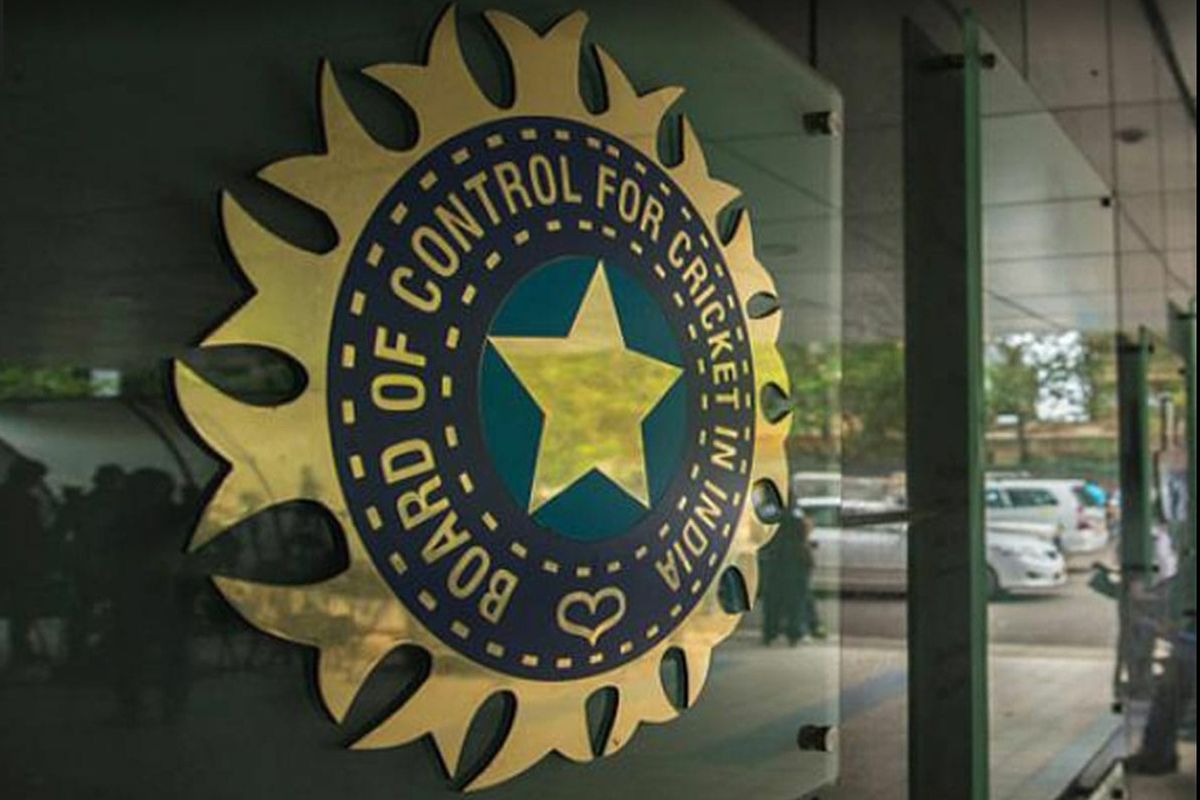To get rid of one problem is to confront another. Ask India. Envied across the world for being rich enough simultaneously to splurge several kings’ ransoms on cricket, it often stubs its toes on the rock of seemingly altering reality as others follow in its footsteps.
In setlling for the held-over segment of Twenty20 cricket’s Indian Premier League and the subsequent World Cup of that format to be shifted to West Asia ~ after a rash of coronavirus infections in the domestic tournament’s so-called bio-secure bubble, news that had knocked the world boots and brains ~ the Board of Control for Cricket in India also swept aside two other snags it had seemed increasingly to be stumped by.
First, the T20 World Cup’s move to the United Arab Emirates implied that the International Cricket Council would no longer be nagging it to cadge a tax-waiving all-clear from New Delhi. The ICC had long been needing the BCCI for this, without the Indian high-ups making much headway in terms of being able to persuade New Delhi to sacrifice an impressive amount of money that was rightfully India’s.
Days and months had rolled by, punctuated with frequent references to the matter in the media, quite obviously triggered by ICC bigshots in Dubai, followed by somewhat subdued rejoinders from the BCCI that it was doing its best ~ unavailingly ~ to make the Indian government forget about the bounty.
Cricketing India appeared to be a throwback to Ukridge, in PG Wodehouse’s stories, given the fictional character’s exasperation with hawk-eyed creditors who seldom, if ever, appreciated the possibilities inherent in the broader picture of magnanimous generosity.
Secondly, well might Pakistan have been a too-hot-to-handle problem had the old plans stood, given the extremely fragile state of the relationship between the neighbors so enamoured of hating each other. Those wily old campaigners of the Pakistan Cricket Board, smug as bugs in a rug at Lahore’s Gaddafi stadium, never really stopped wanting to know if everyone in their touring contingent, which doubtless have been big enough for eyebrows to be raised in South Bloc, would be allowed his visa.
It, from reliable if informal reports, was the conversational staple whenever the big boys of the two boards conferred, virtually and otherwise. Pakistan knew full well venues would have had to be chosen extremely carefully for Babar Azam and his mates to play at.
An India-Pakistan knockout game would have been an administrative nightmare. So the altered scheme of things probably suits India. But history does not end here, which is unlikely to have the BCCI dancing on the tips of its toes, trilling a merry tune.
Word is that Pakistan, Sri Lanka and Bangladesh are plotting united bids for the ICC’s blue-riband tournaments in its next, 20242031 cycle. This was precisely how India began flexing its organisational muscle before the 1987 World Cup of 50-over cricket, tugging Pakistan into it so the games and the cash could be divvied up. In 1996, India, Pakistan and Sri Lanka hosted the same competition as a trio, collectively naming themselves Pilcom. The new troika too will find its way to a name, whatever it is, all right.












